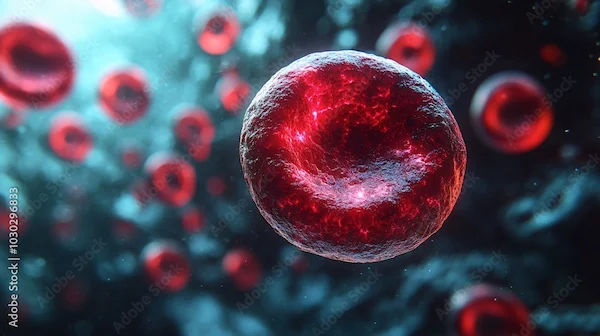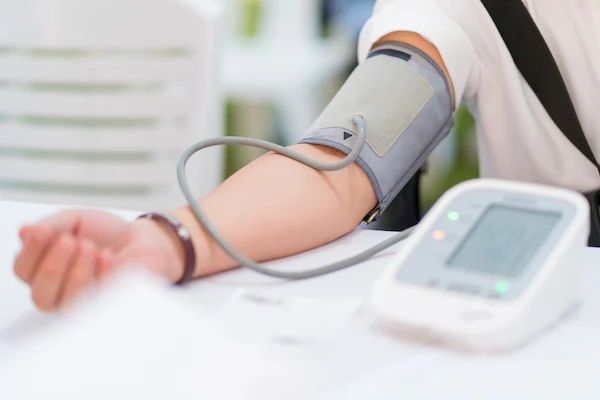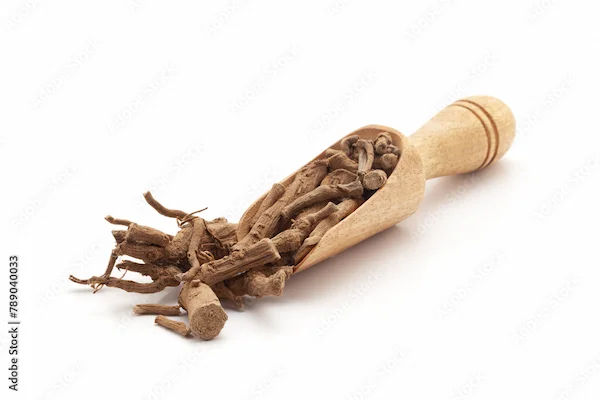Early Symptoms of Kidney Failure
Learn the early signs of kidney failure, including fatigue, swelling, and changes in urination. Discover causes, prevention tips, and when to seek medical help to protect your kidney health


Your kidneys play a vital role in keeping your body healthy by filtering waste, balancing fluids, and regulating blood pressure. However, when they start to fail, the early signs can be subtle and easy to miss. Recognising these symptoms early can help you seek timely medical care and prevent further damage.
In this article, we’ll discuss the early warning signs of kidney failure, possible causes, and steps you can take to protect your kidney health.
What Are the Early Signs of Kidney Failure?
Kidney failure often develops slowly, and symptoms may not appear until significant damage has already occurred. However, paying attention to these early signs can make a difference:
1. Fatigue and Weakness
Healthy kidneys produce a hormone called erythropoietin, which helps make red blood cells. When kidneys aren’t working well, you may feel unusually tired, weak, or have trouble concentrating due to anaemia (low red blood cell count).
2. Swelling (Oedema) in Hands, Feet, or Face
Kidneys help remove excess fluid from the body. If they aren’t functioning properly, fluid can build up, leading to swelling in the legs, ankles, feet, or even around the eyes.
3. Changes in Urination
One of the earliest signs of kidney trouble is changes in urination, such as:
Frequent urination (especially at night)
Foamy or bubbly urine (a sign of protein leakage)
Dark or bloody urine
Difficulty urinating or reduced urine output
4. Persistent Itching and Dry Skin
When kidneys fail, waste builds up in the blood, leading to itchy, dry, or flaky skin. This happens because the kidneys can no longer filter toxins effectively.
5. Nausea and Loss of Appetite
A buildup of waste products in the blood (uremia) can cause nausea, vomiting, and a metallic taste in the mouth, leading to a loss of appetite and unintended weight loss.
6. Shortness of Breath
Fluid retention and anaemia can make it harder to breathe, even with mild exertion. Excess fluid may also accumulate in the lungs, causing breathlessness.
7. High Blood Pressure
Kidneys help regulate blood pressure. If they are damaged, blood pressure can rise, which in turn can worsen kidney function—creating a dangerous cycle.
8. Muscle Cramps and Weakness
Electrolyte imbalances (like low calcium or high potassium) due to poor kidney function can lead to muscle cramps, twitching, or weakness.
Consult a top nephrologist for the best advice
What Causes Kidney Failure?
Kidney failure can result from conditions that damage the kidneys over time, including:
Diabetes (leading cause)
High blood pressure
Chronic kidney infections
Polycystic kidney disease (PKD)
Long-term use of painkillers (NSAIDs)
Heart disease
Smoking and excessive alcohol use
How Can You Protect Your Kidneys?
If you notice any early symptoms, consult a doctor immediately. Here are some ways to keep your kidneys healthy:
1. Stay Hydrated
Drinking enough water helps kidneys flush out toxins. Aim for 6-8 glasses a day, unless your doctor advises otherwise.
2. Eat a Kidney-Friendly Diet
Reduce salt intake to control blood pressure.
Limit processed foods high in phosphorus and potassium.
Eat more fruits, vegetables, and whole grains.
Control protein intake if advised by a doctor.
3. Manage Blood Sugar and Blood Pressure
If you have diabetes or hypertension, keep them under control with medication, diet, and regular check-ups.
4. Avoid Overuse of Painkillers
Excessive use of NSAIDs (like ibuprofen) can harm kidneys. Always follow dosage instructions.
5. Quit Smoking and Limit Alcohol
Smoking reduces blood flow to the kidneys, while excessive alcohol can damage them.
6. Get Regular Check-ups
If you’re at risk (due to diabetes, high BP, or family history), get kidney function tests (like creatinine and GFR tests) periodically.
When to See a Doctor
If you experience any of the symptoms mentioned, especially persistent fatigue, swelling, or changes in urination, consult a doctor immediately. Early detection can slow kidney damage and improve outcomes.
Need a Kidney Function Test or Expert Advice?
If you're concerned about kidney health, you can book a consultation or lab test through Apollo 24|7. Early diagnosis and proper care can make all the difference.
Conclusion
Kidney failure often progresses silently, but recognising early symptoms can save your kidneys and your life. By staying aware, making healthy lifestyle choices, and seeking timely medical help, you can protect your kidney function and maintain overall well-being.
Consult a top nephrologist for the best advice
Consult a top nephrologist for the best advice
Dr Gayatri Pegu
Nephrologist
15 Years • MD (General Medicine) DM(Nephrology)
Guwahati
Apollo Clinic Guwahati, Assam, Guwahati
Dr Ch Sashidhar
Nephrologist
20 Years • MBBS, MD General Medicine, DNB, Nephrology
Secunderabad
Apollo Hospitals Secunderabad, Secunderabad

Dr Praveen Kumar Etta
Nephrologist
10 Years • MBBS,MD DM(SGPGI) FORMER ASST(PIMS)
Hyderabad
Apollo Spectra Ameerpet, Hyderabad

Dr. Pardha Saradhi
Nephrologist
9 Years • MBBS, MD-DNB (Gen. Med.), DNB (Nephro)
Hyderabad
Apollo Hospitals D R D O kanchanbagh, Hyderabad
(50+ Patients)

Dr. Manju Kamal
Nephrologist
12 Years • MBBS,MD(General Medicine), DNB,DM(Nephrology)
Angamaly
Apollo Hospitals Karukutty, Angamaly




